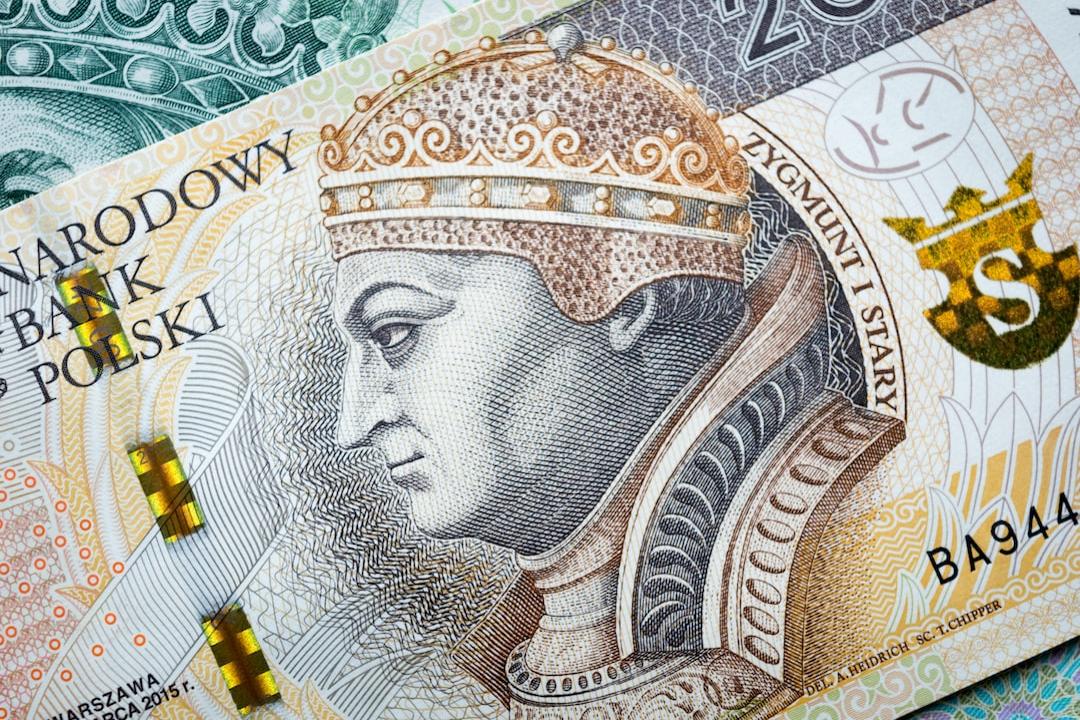The concept of the metaverse has been a popular topic of discussion, especially in relation to its applications in gaming, online shopping, and social networking. However, Saudi Arabia is taking a unique approach by utilizing the metaverse for industrial purposes.
During the World Economic Forum in Davos, Saudi Arabia’s Communications Minister, Abdullah Alswaha, announced the country’s commitment to developing talent within the industrial metaverse. But what exactly does this mean, and how does Saudi Arabia plan to leverage the metaverse for its own benefit? Let’s first understand what the industrial metaverse entails.
The industrial metaverse is a cutting-edge technology that has the potential to revolutionize the manufacturing sector. By combining virtual reality (VR), augmented reality (AR), and other digital tools, it creates a virtual environment that replicates real-world machines, factories, buildings, and transportation systems. This innovation could lead to smarter manufacturing processes that bridge the gap between virtual simulations and real-world applications, ultimately enhancing industrial efficiency and fostering a new era of digitalization in the industrial sector.
One practical application of this technology is the development of digital twins, which are virtual replicas of entire companies or factories. These digital twins can optimize building layouts, identify and address potential issues, and prevent costly errors in the planning stages. In the future, digital twins may become essential components of the Industrial Metaverse, serving as a platform for ongoing simulation and interaction between the virtual and physical worlds.
As Saudi Arabia continues to work towards achieving its Vision 2030 goals, experts predict that the metaverse could contribute significantly to the country’s economy, potentially adding $7.6 billion annually by 2030. In alignment with this vision, the Kingdom has committed to investing $6.4 billion in advanced technologies, including a $1 billion fund dedicated to the Metaverse.
In a recent development, NEOM, a groundbreaking city project on the Red Sea, announced plans to incorporate the metaverse technology to enable users to exist in both real-world and digital environments simultaneously. This innovation could greatly benefit professionals like architects, engineers, and designers, providing a collaborative platform for project development and customization. Additionally, there are plans to create a digital twin of NEOM to streamline the construction, design, and optimization processes.
Furthermore, Saudi billionaire Prince Alwaleed bin Talal has spearheaded the launch of a virtual philanthropy center in the metaverse, part of a series of innovative projects being implemented in Saudi Arabia.
With a young, educated population and a growing urban demographic, Saudi Arabia is well-positioned to become a leading force in the metaverse arena. However, as with any new technology, there are both opportunities and risks to consider. It will be crucial for Saudi Arabia to carefully navigate these complexities and develop a comprehensive policy framework to ensure that they are at the forefront of the technological revolution ushered in by the metaverse.

